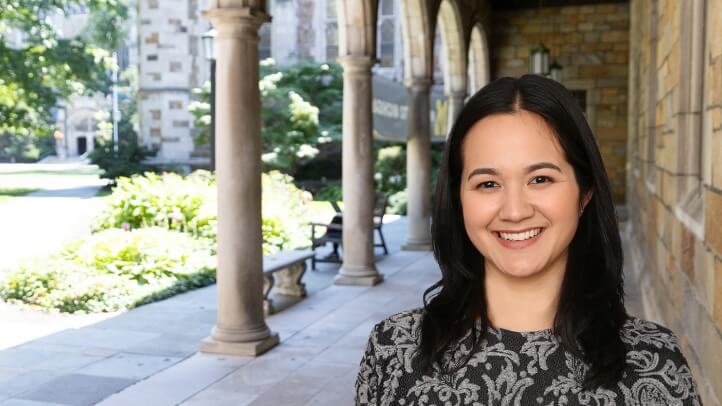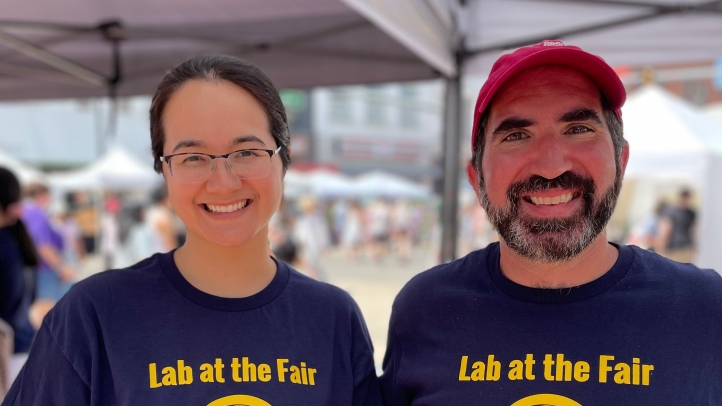Roseanna Sommers is an assistant professor of law at the University of Michigan whose teaching and research interests revolve around the many ways in which the law misunderstands people and people misunderstand the law.
Featured Scholarship
""Legally Magic" Words: An Empirical Study of the Accessibility of Fifth Amendment Rights"
Northwestern University Law Review
"Sexual assault victims face a penalty for adjacent consent"
Proccedings from the National Academy of Sciences
"What Do Consumers Understand About Predispute Arbitration Agreements? An Empirical Investigation"
PLoS ONE
"Giving People the Words to Say No Leads Them to Feel Freer to Say Yes"
Scientific Reports
- Law and Social Sciences



